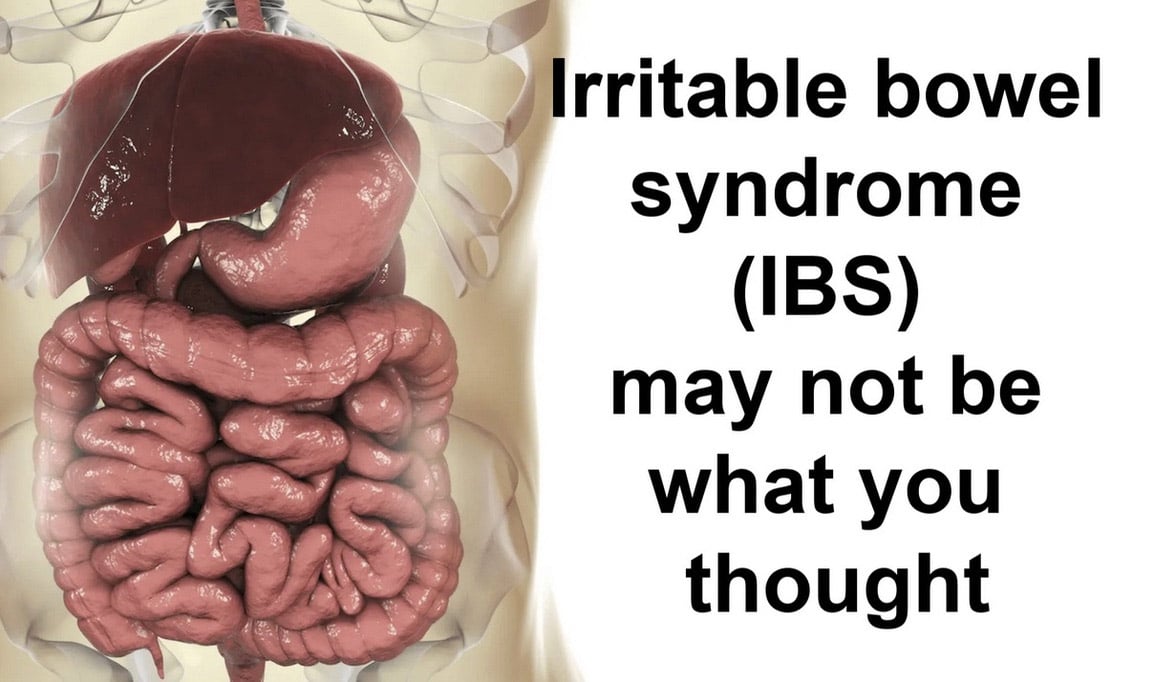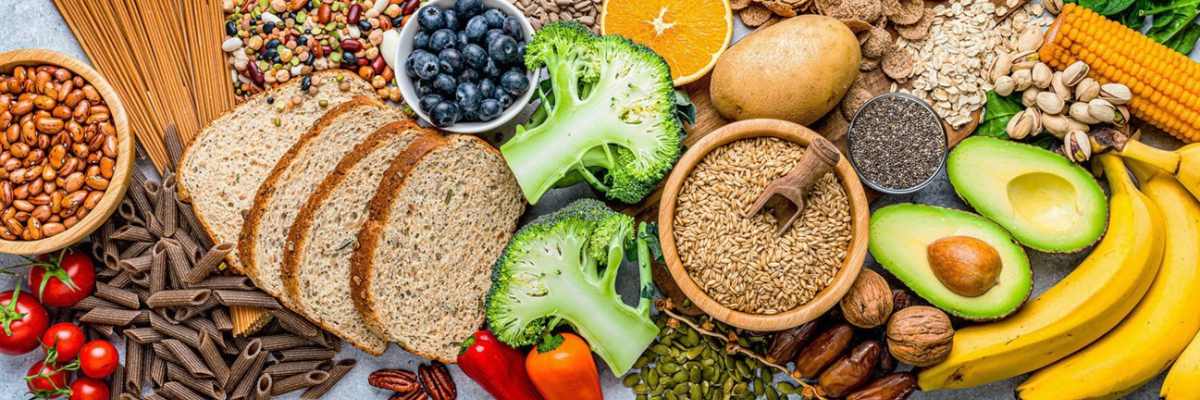Is this Irritable Bowel Syndrome (IBS)?
Is Your Bowel Irritable?
Do you have a bloated tummy and experience pain more often than not? Are the days of a settled, flat tummy without pain a distant memory? We all experience digestive upsets occasionally, but if it’s not the norm, this may indicate that you have something called irritable bowel syndrome (IBS). It is believed that between 15 to 20% of New Zealanders suffer from this condition.
How do you know if you have IBS?
This embarrassing and uncomfortable condition is usually diagnosed after experiencing two or more of the following symptoms, at least once per week for three months:
- Abdominal pain
- Bloating
- Gas that includes burping and wind
- Diarrhoea or constipation or both
- Mucous in your stool
Should you have any of these symptoms it is advisable to see your GP to ensure that other health conditions such as infection, inflammatory bowel disease (Crohn’s or colitis), coeliac or bowel cancer can be ruled out. If nothing is found, by exclusion, you will be labeled as an IBS sufferer.
What is the Cause of IBS?
There is no widely recognised cause of IBS in mainstream medicine. Doctors refer to IBS as a ‘functional gastrointestinal disorder’, which means that the gastrointestinal tract doesn’t function properly but there is no physical damage to the gut.

It is believed that IBS runs in families and that there is a disturbance in the usual control of the nerves and muscles of the bowel that control sensation and movement of the gut.
The conventional approach to treatment is to suppress and manage symptoms. In other words, the aim is to tame, not treat. Some of the treatment options are as follows:
- Antidepressants: If symptoms include pain, anxiety or depression.
- Anti-spasmodic drugs: To help relax the muscles of the walls of your gut to reduce painful spasms.
- Anti-diarrhea medications: To treat loose stools.
- Laxatives: To treat constipation.
- Antibiotics: To treat a suspected infection.
Although these medications can be helpful, they may also have unpleasant side-effects, which cause problems of their own. The right food, good digestion and nutrient absorption are all crucial for good gut health. Finding the root cause of IBS isn’t always an easy or quick road but it’s definitely worth the journey.
What are the Key Triggers for IBS?
Food Sensitivities
Food sensitivities can create all sorts of unwanted mischief. Symptoms are often similar to those of IBS. When you are suffering from a food sensitivity it can take up to 72 hours or more for symptoms to appear, so it can be difficult to identify the food culprit/s. Gluten, dairy, corn, soy and eggs are common food sensitivities that irritate the gut causing IBS like symptoms. A research paper in the British medical journal found that by eliminating foods identified through delayed food sensitivity testing (IgG antibodies), resulted in dramatic improvements in IBS symptoms. Alternatively, you could do a Food and Environmental hair test or consider doing a low Fermentable Oligo-saccharides, Di-saccharides, Mono-saccharides And Polyols (FODMAPs) diet, which has shown to reduce gastrointestinal symptoms in sufferers with any type of IBS.
Leaky Gut
If your gut lining breaks down from too much stress, too many antibiotics, anti-inflammatory drugs like nurofen or aspirin, steroid medication, intestinal infections, low-fibre and high sugar diets, alcohol and other irritants, your immune system will be exposed to foreign particles from food, bacteria and other microbes. This will trigger an immune response, which results in inflammation that can lead to many health problems.
Small Intestinal Bowel Overgrowth (SIBO)
This is a condition that has similar symptoms to IBS in which the small intestine is infiltrated by bacteria (good or bad ones) from the large intestine. Too much bacteria can interfere with digestion and nutrient absorption. Data suggests that this can be present in some IBS sufferers. This overgrowth can happen when we don’t have enough stomach acid, or if our gut flora is out of balance. Low stomach acid can be caused by stress, low levels of zinc and other gut issues. Stomach acid is needed to maintain the correct pH of our small intestine. The right pH will discourage the growth of the wrong type of bacteria and yeast. SIBO can be diagnosed by a breath test, which measures gas production by the bacteria.
Yeast Overgrowth
Candida is a normal resident in our gut ecosystem but when there is a yeast overgrowth it can cause symptoms frequently attributed to IBS. Candida can release toxic byproducts into our bloodstream causing leaky gut.
Parasites
Intestinal parasites including giardia lamblia, blastocystis hominis and dientamoeba fragilis can be an underlying cause of IBS. They frequently go undiagnosed. I often recommend a stool test to identify any parasitic infections and other imbalances.
Stress
Ongoing long term stress can damage the stomach’s ability to produce and secrete stomach acid. This means that food wouldn’t be digested properly and would hang around in the gut too long, causing digestive discomfort. Stress not only impacts our psychological health, but also damages internal biochemistry at the cellular level.
Other Considerations
Nutritional deficiencies such as zinc and magnesium can play a role in IBS too. Some people may not have the digestive enzymes to break down certain foods and heavy metal toxicity can also disrupt the balance of our gut flora.
In my practice, my aim is to identify the underlying root cause, be it a food sensitivity, an infection from parasites, yeast or bacteria. Where I start will depend on how the client presents. For some, I may need to address their immune system, their digestive system and/or their liver first. Then move on to dealing with the infection/s, restoring their beneficial bacteria and healing their gut. Please contact me directly or book in an appointment if you need help in identifying your key triggers.
What Can you do Right Away to Help IBS?
- Start chewing your food more, aim to chew around 30 times per mouthful. Be warned, your jaw will ache! This will help with the digestive process.
- Choose healthier foods and eat away from other activities i.e. at your computer, watching TV or driving in the car.
- Try to avoid eating too late. Sleeping is the time for your body to do its repair work, not to be digesting food.
- Make sure your drink enough water. If you weigh 60kg, your water intake should be around 1.8 litres (60 x 0.03).
- Try to cut down on fizzy drinks, caffeine and alcohol, which are all irritants to your gut.






